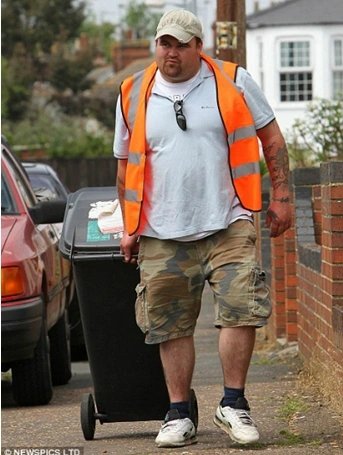
(Dan Tri) – Mariel Sander turned the last days of her student life into a memorable `dream` when working at a morgue to handle the bodies of patients who died of Covid-19.
Mariel Sander volunteered to participate in handling bodies that died from Covid-19 in New York.
Mariel Sander thought she would spend her last month at Columbia going to parties, taking modern dance classes and spending her spring break hiking five national parks.
However, in the end, the 21-year-old female student spent this time lifting the corpse from the hospital bed and putting it into a freezer.
The US is still the largest outbreak in the world.
Coronavirus has killed more than 20,000 people in New York City, causing unprecedented overload at hospital morgues and funeral homes.
After the university dormitory closed, Sander returned home to Oldwick, New Jersey.
Sander sent letters to hospitals to sign up as volunteers to handle bodies.
Sander shared with the New York Times about a month working in a hospital morgue in Brooklyn, New York.
On April 14, Sander started work.
The room, which could only hold about 10 bodies, is now home to nearly 90 bodies.
Sander learned how to wear an N95 protective mask, followed by a surgical mask and respirator.
Inside the morgue, Sander felt overwhelmed and lost.
The morgue called.
The nurses placed the body in a white bag.
Sander had trained as an emergency medical technician, so she knew that with larger bodies, she had to carry them from her legs, not her back.
In some cases, a stretcher was used to transfer the body, but the mortuary technician dropped the bag on the ground, causing water to flow onto the floor.
At the end of the work day at 7 p.m., Sander burst into tears.
`Strange Dream`

The body was placed on a refrigerated truck outside a Brooklyn hospital, New York.
On April 16, Sander had to stand alone in a refrigerated truck.
Suddenly, Sander saw the face of a man lying inside an open body bag.
On April 21, Sander went to move a body and met the deceased patient’s son.
Sander realized: Every body she handled belonged to a certain family.
After days of working at the morgue, Sander did not sleep well.
It is now common for bodies to stay in the morgue for 3-4 weeks, but before the outbreak, the storage process only took an average of 2-3 days.
In addition to using refrigerated trucks, the hospital where Sander worked also sought to slow the decomposition process by placing rolled-up bedsheets underneath the bodies’ heads.
Sander experienced intense work days when he had to continuously handle 6 bodies.
Before the epidemic broke out, on average, about 40-50 people died in the hospital in a month.
When witnessing a colleague’s relative die at the hospital, Sander felt emotional.
“Most likely it will be my parents or my sister,” Sander said.
During phone conversations with friends, Sander found it difficult to share with them that a lucky day at her job was when only 2-3 people died.
Before the pandemic, Sander’s priorities were trying to get good grades or leading extracurricular activities.
By May 6, the situation at the hospital became better.
Sander called her mother because she just wanted to talk to someone about the “strange dream” she had been having for the past month – a dream in which she worked in a morgue and
May 15 is Sander’s last working day.
Sander was tested for the virus and spent the weekend walking around campus.
Success
Synthetic






